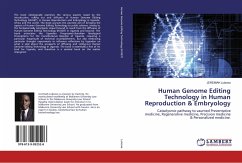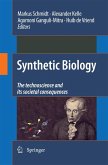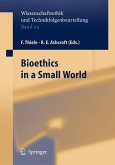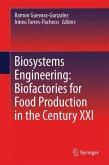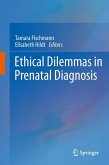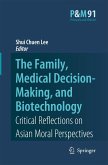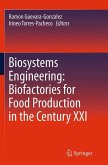In the era of globalization the author contributes to the theoretical deepening of bioethics and establishes new discursive criteria which, based on the ranking of the principles, generate a procedure that be able to establish necessary and sufficient conditions for rational discussion and taking, morally and legally, correct decisions in the public domain. He shows us how the inability of traditional ethics to generate moral norms generally accepted for governing techno-scientific action has made visible a very dangerous antinomy. The elucidation of this antinomy represents the consolidation of a procedural, deliberative and reasonable bioethics, based on a correct diagnosis of our age. This brief but necessary book aims to ascertain the urgency of a radical rethinking of life experience, and from this theoretical-practical exercise, points out the need to redefine the nature of contemporary moral experience, and shows that the current era requires great deliberative effort to overcome the moral dilemmas that have been planted by the technological development.
Bitte wählen Sie Ihr Anliegen aus.
Rechnungen
Retourenschein anfordern
Bestellstatus
Storno


